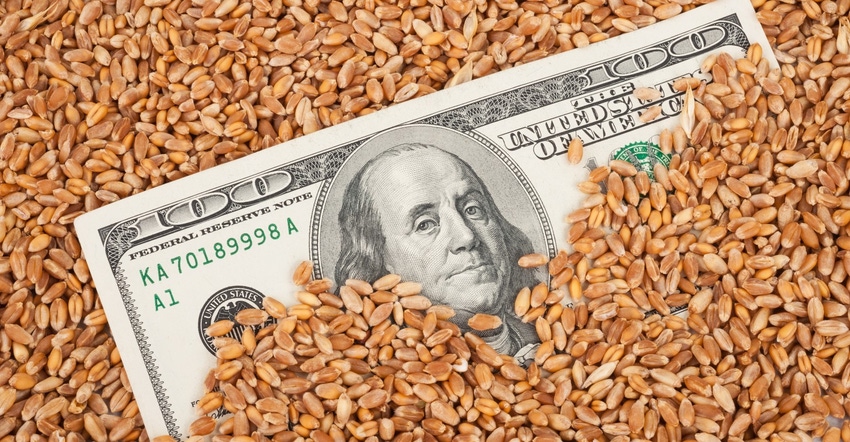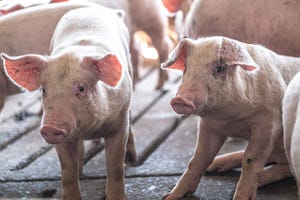Farm bill extended through next September
Legislative Watch: No lapse in critical agricultural funding; $28M for beginning farmers, ranchers; USDA announces 2024 trade missions.
November 17, 2023

This week’s bipartisan agreement to extend government funding into early 2024 also contained a provision extending the expired 2018 farm bill through the end of next September. The prior law reached the end of its initial five-year span seven weeks ago. The House voted 336-95 to approve the package, while the Senate passed the bill 87-11. All of the no votes came from Republicans except two in the House and one in the Senate.
All four leaders of the House and Senate Agriculture Committees worked together to craft the extension, which also provided money to several small programs whose funding had expired. The committees are led by Sen. Debbie Stabenow (D-Mich.), Sen. John Boozman (R-Ark.), Rep. Glenn “GT” Thompson (R-Penn.) and Rep. David Scott (D-Ga.)
“As negotiations on funding the government progress, we were able to come together to avoid a lapse in funding for critical agricultural programs and provide certainty to producers,” the four said in a joint statement. “This extension is in no way a substitute for passing a 5-year Farm Bill and we remain committed to working together to get it done next year.”
USDA announces $28 million for beginning farmers and ranchers
In an effort to support beginning farmers and ranchers, USDA announced it is dedicating $27.9 million to teach and train them in farming practices and provide technical assistance. The announcement is part of the Beginning Farmer and Rancher Development Program, an initiative under the National Institute of Food and Agriculture.
“This investment reflects USDA’s commitment to helping new farmers and ranchers realize their dreams,” said USDA Chief Scientist and Under Secretary for Research, Education and Economics Chavonda Jacobs-Young in a press release. “As the average age of our U.S. producers continues to increase, USDA is accelerating efforts to provide meaningful support to a rising cadre of farmers and ranchers—including military veterans interested in starting new careers after their service—so they can cultivate the skills needed to be productive, profitable and resilient.”
The funding will be divided across 45 organization, including ones to support veterans who are beginning farmers. The organizations applied for funding through NIFA and were selected based on several criteria. They span the geographic reach of the United States, ranging from Alaska to Florida and many places in between. A full list of projects can be located on NIFA’s website.
USDA announces 2024 trade missions
As part of its efforts to expand foreign markets for American agricultural goods, Secretary of Agriculture Tom Vilsack has announced plans for six USDA international trade missions in 2024. The trips will begin in March and end in December. Officials will visit South Korea, India, Canada, Colombia, Vietnam and Morocco.
“Market diversification is an important tool for maximizing growth opportunities for U.S. agriculture, as well as hedging the risk of market contraction and general volatility in the global marketplace,” said Secretary Vilsack. “USDA is committed to promoting export opportunities in non-traditional markets and ensuring that U.S. agricultural commodities and products are available to diverse consumer groups around the world.”
USDA also recently announced it would devote $1.3 billion in Commodity Credit Corporation funds toward its new Regional Agricultural Promotion Program. The program will help to grow exports of agricultural goods and open new markets for U.S. producers.
About the Author(s)
You May Also Like





